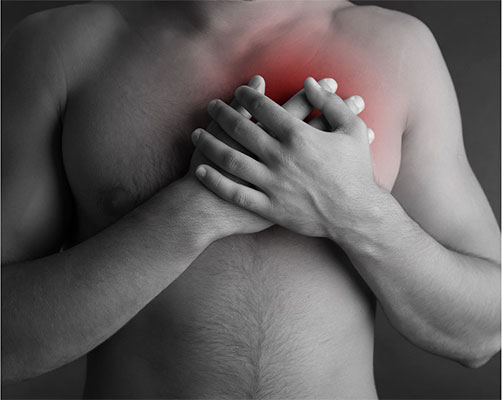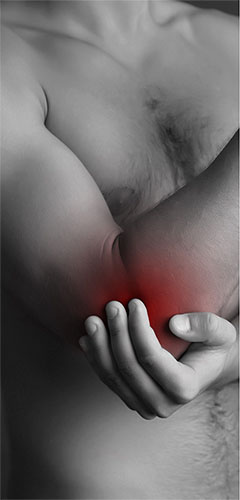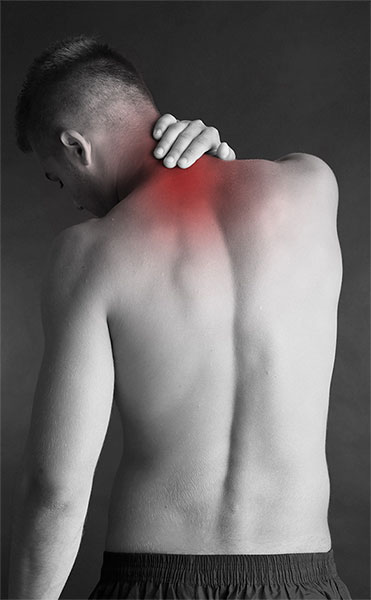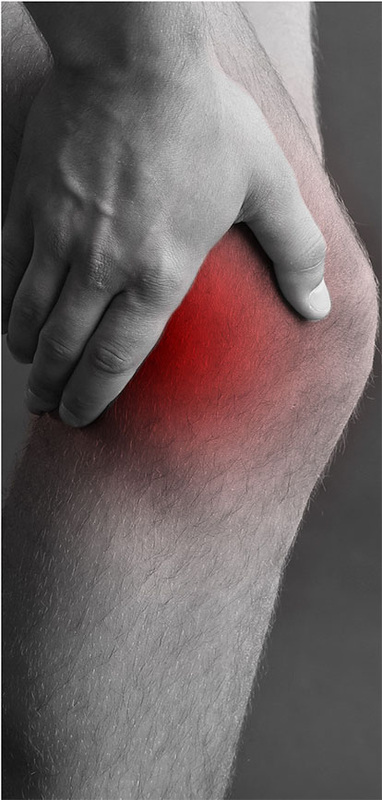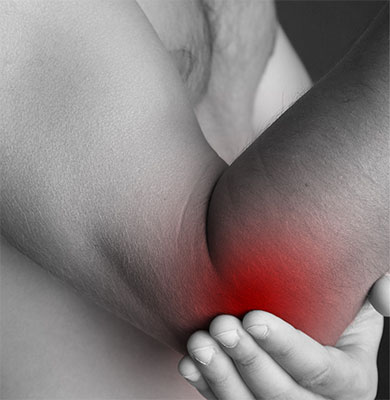FAQs:
What is acupuncture?Acupuncture is the placing of ultra-fine, stainless steel needles into specific points which brings about changes in the body that encourage the body to heal itself.
Acupuncture has been practised for thousands of years and is recognised internationally, and has been proven by the World Health Organization (WHO) to be benificial for many conditions. How does acupuncture work?
This is a very difficult question to answer simply.
Your body produces a wide range of substance that help heal, control pain, lower inflammation, control hormones,fight disease etc, all without the need for external drugs. (Interestingly, many of the drugs administered using western medicine are synthetic copies of what we already produce naturally). Most peoples immune systems can deal with a multitude of problems, as the body is an incredible healing machine. Sometimes though,the body needs a little boost to push it towards healing. In my opinion, that's all acupuncture does, just giving the system a boost to get your body closer to its maximum healing potential From a western medicine perspective, acupuncture involves improving circulation, producing endorphins, stimulating neurotransmitters, activating key regulatory centres.
From the perspective of Chinese medicine, acupuncture involves regulation of Qi, freeing stuck Qi, tonifying deficiency, reducing excess etc. Neither of those perspectives is of any real use to someone that hasn't studied either in some detail. How I try to explain it is like this. Acupuncture helps you improve the efficiency of your own internal resources. How much does it cost?The cost is £55 per session, with sessions usually being an hour, excepting first treatment which is approximately one hour fifteen minutes. A discount of 10% is applicable for prepaid block bookings of 10 treatments, for example facial revitalisation acupuncture.
|
"A blessed relief from a back spasm, and remarkable results for treatment for Tinnitis" What is in the needles?
Nothing. They are just smooth stainless steel, which stimulates your own medicine in your body
Where do you put the needles?
It varies on the exact problem I am treating, but some points may suprise you. For instance, a point in the leg called stomach 38 which is specific for releasing frozen shoulders, or two points in the hand that release back spasm.
Does it hurt?
No, not really.A good acupuncturist has worked hard on developing a fast, pain free and smooth technique, Certain points are more sensitive than others, and that is usually an indication that the point needs treating. As the needle is inserted you may get a sensation like a hair being plucked, which lasts for less than a second. For certain conditions it may be necessary to obtain what is called in Chinese "de qi", which really just means I have to lightly move the needle until you feel a sensation, which brings about faster healing effects. It helps for painless acupuncture for the patient to be relaxed, and a good acupuncturist will listen to your breathing and needle on the out-breath, when the body is more relaxed.
Should I eat before treatment?
Yes, but don't overfill yourself. Definitely no alcohol before treatments. Try not to have anything that may discolour the tongue, so tongue diagnosis can be taken.
|
Are there any side effects?
No. Acupuncture uses your body's own healing mechanism to heal itself.
Positive side effects are better sleep, better digestion, more relaxed, mental clarity. This seems to happen regardless of what the client is being treated for Can I bring someone with me?
Yes, no problem at all, so long as they are quiet during the treatment.
Do you do home visits for housebound people?
Sometimes, depending on location. Please contact me to discuss further.
Should I stop taking my medications if I'm going to have treatments?
No. Whilst it is my objective to get you to a point where you do not need to take your medication, coming off them must be done in consultation with the Doctor prescribing them.
How many treatments will I need?
As with any type of treatments, it is impossible to say.I have fixed some problems in one session that I thought would have taken much longer, and, conversely, taken longer than I though it would on others.. There are a few indicators though, but these are generalisations:
1: Sudden onset problem (acute) is usually quicker to fix than long-term (chronic) problems. 2: External conditions are quicker than internal (e.g. a swollen knee would usually take less treatments than Irritable bowel syndrome) 3: The longer you have had it, the longer it will take to fix. 4. If the problem varies (on a scale of 1-10) from day to day, there is a very good chance of a good response in quick time. In practice I often see clients who have already tried a range of treatments (GPs, Physiotherapists, Osteopaths, Chiropractors etc.), so I often get very stubborn ailments to treat, and have good success rates, but clients do have to manage there expectations reasonably. If you have had backache for 10 years and you expect it to go after 1 treatment, you are probably not being reasonable. You would definitely need a course of treatments, but you would usually notice improvements early on. There is no pressure to book a set amount of treatments and you are free to stop at any point. I continually monitor your progress and make assessments for any future treatment in consultation with you. Most of my business comes from word of mouth, so my reputation is important to me. If I don't think I can fix or help to some extent, I will tell you that. For example, if you come to me with a torn Anterior Cruciate Ligament, I would tell you that you need surgery, that Acupuncture wouldn't fix a tear, but I may be able to help the pain of it. Then the client understands the limits of what I can and can't do. |

